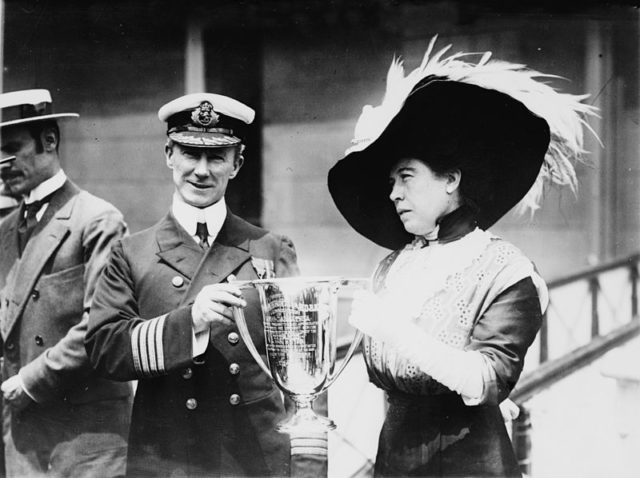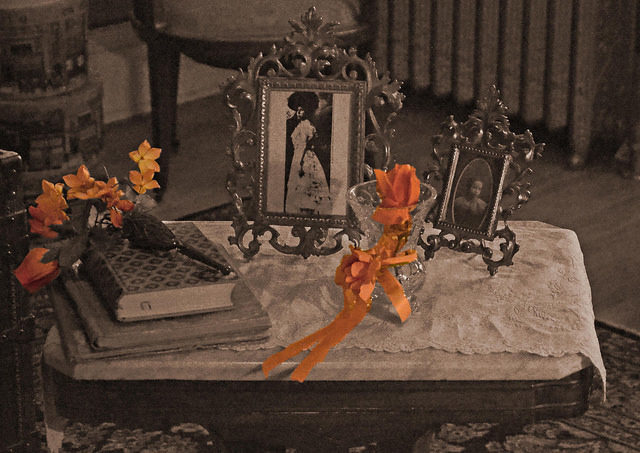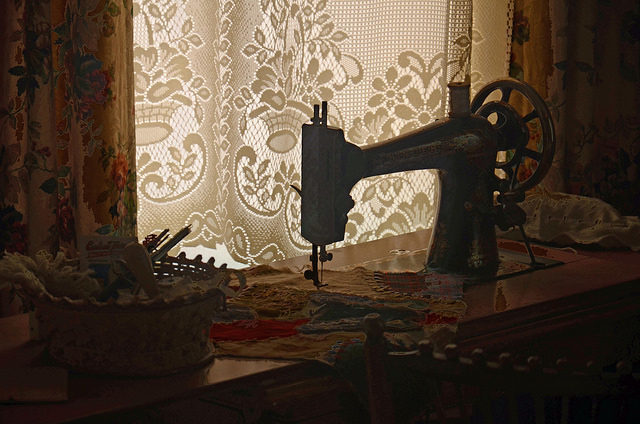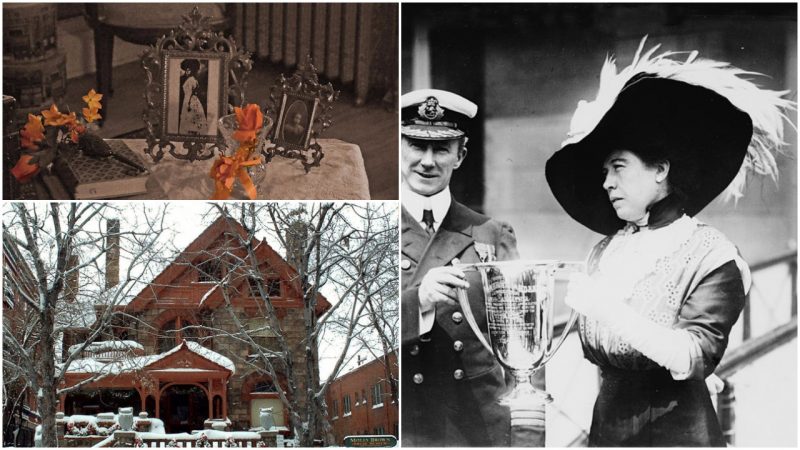The RMS Titanic sank on April 15, 1912, and more than 1,550 people lost their lives in the freezing water. Among the survivors who managed to escape in a lifeboat was the actress Margaret Brown. Much later known as the “Unsinkable” Molly Brown, she was a true heroine of her time also remembered as a respected human-rights activist.
Margaret was born in a small town in Missouri called Hannibal and spent her childhood in a house near the Mississippi River. At the age of 18, she moved to Colorado with her sister Mary and opened a blacksmith shop in Leadville. A year later, she met Irish miner James Joseph Brown, who became her husband and together they moved to Denver.
They became very wealthy after James discovered gold in one of his mines. For a few years, the couple traveled through Europe until Margaret got word that her daughter’s son was very ill. This was the reason why she immediately booked a ticket to America on the RMS Titanic.

During the sinking, Margaret compelled the crew of the lifeboat to return to the debris field around the sunken ship to rescue people still in the water. She assured the survivors that a rescue ship would come, and a few hours later the Carpathia arrived.

After the tragedy, Margaret fought hard for workers’ rights, always thinking about how the men who had been working in the lower decks of the doomed ship were the first to drown.

At the end of the 1890s, Margaret and James decided to settle in Denver, so they bought a house that was designed in stunning Victorian style. Because of her work as an activist, she spent a lot of time traveling and while she was on a trip, her husband rented the mansion to wealthy families visiting Colorado. At the time of the Great Depression, the place became a boarding house that ran until Margaret’s death.
A few years later, the mansion was sold and had many owners until it was converted into a museum in the 1960s as a result of the effort of Historic Denver Inc., which saved it from demolition. The group restored the house to how it looked when the Browns lived in it and organized 45-minute tours during which visitors could see the original furnishings and memorabilia.
Visitors to the Molly Brown House Museum praise it as one of the most beautiful examples of Victorian architecture in the city. On the site, Victorian dinners and lunches are served for free, which makes the tour even more interesting.

In the formal parlor of the house, there is a lecture for children during which a tour guide explains to them what it was like to be a child in the 1900s, although this particular area of the house was forbidden to children during Brown’s time. Many souvenirs can be bought in the gift shop and valuable historical books can be seen in the library.
The legend about her courage was born after the survivors of RMS Titanic reached New York. Passengers kept talking to reporters about her insistence that the boat return. Molly died in 1932. Later, Carolyn Bancroft wrote a romantical story about the “Unsinkable Molly Brown” that became very popular and was broadcast in the 1940s.
That story was the main inspiration for the play The Unsinkable Molly Brown, which was also turned into a movie starring Debbie Reynolds. The museum was named after the legend to attract more visitors, but after people arrive they learn the true and fascinating story about this heroine.
